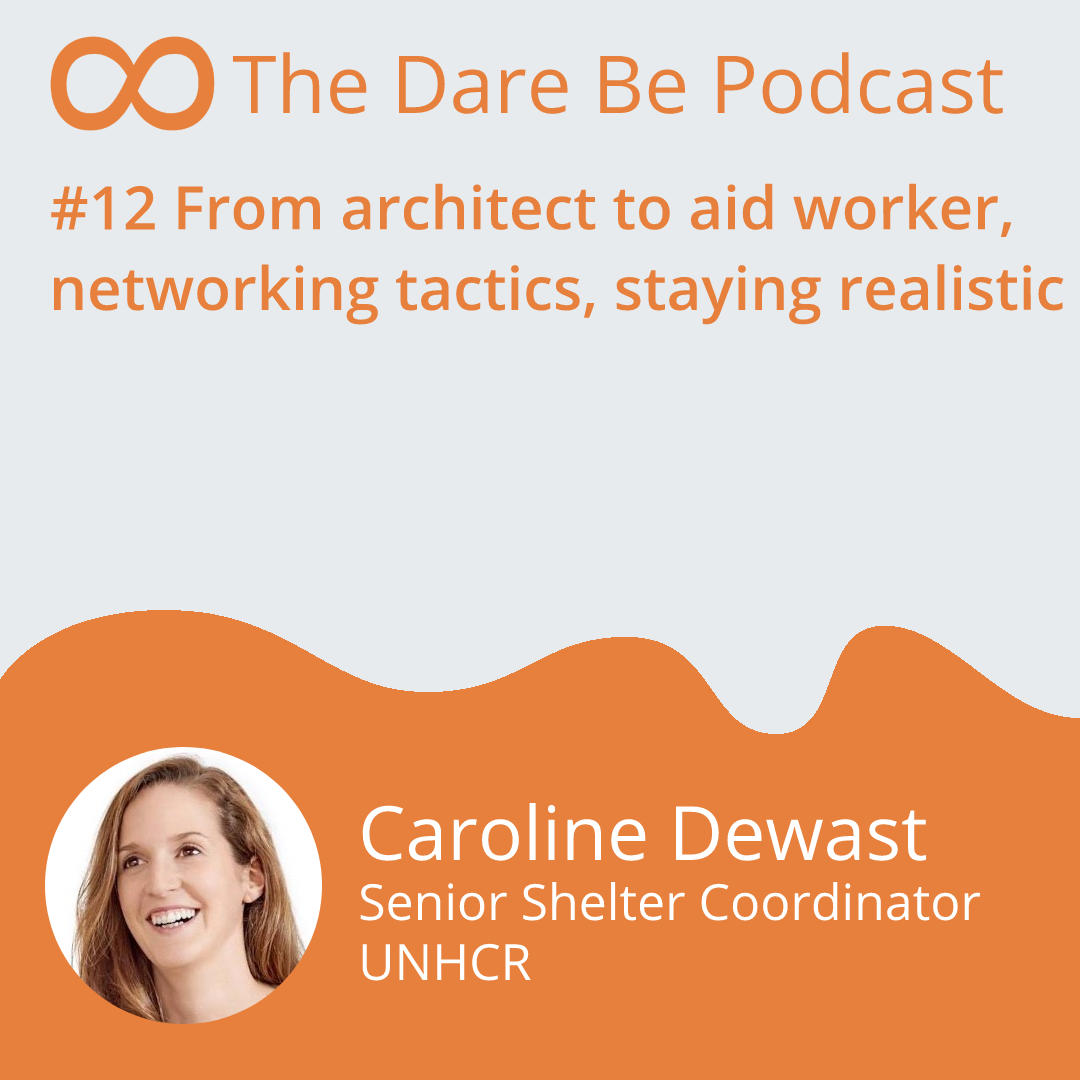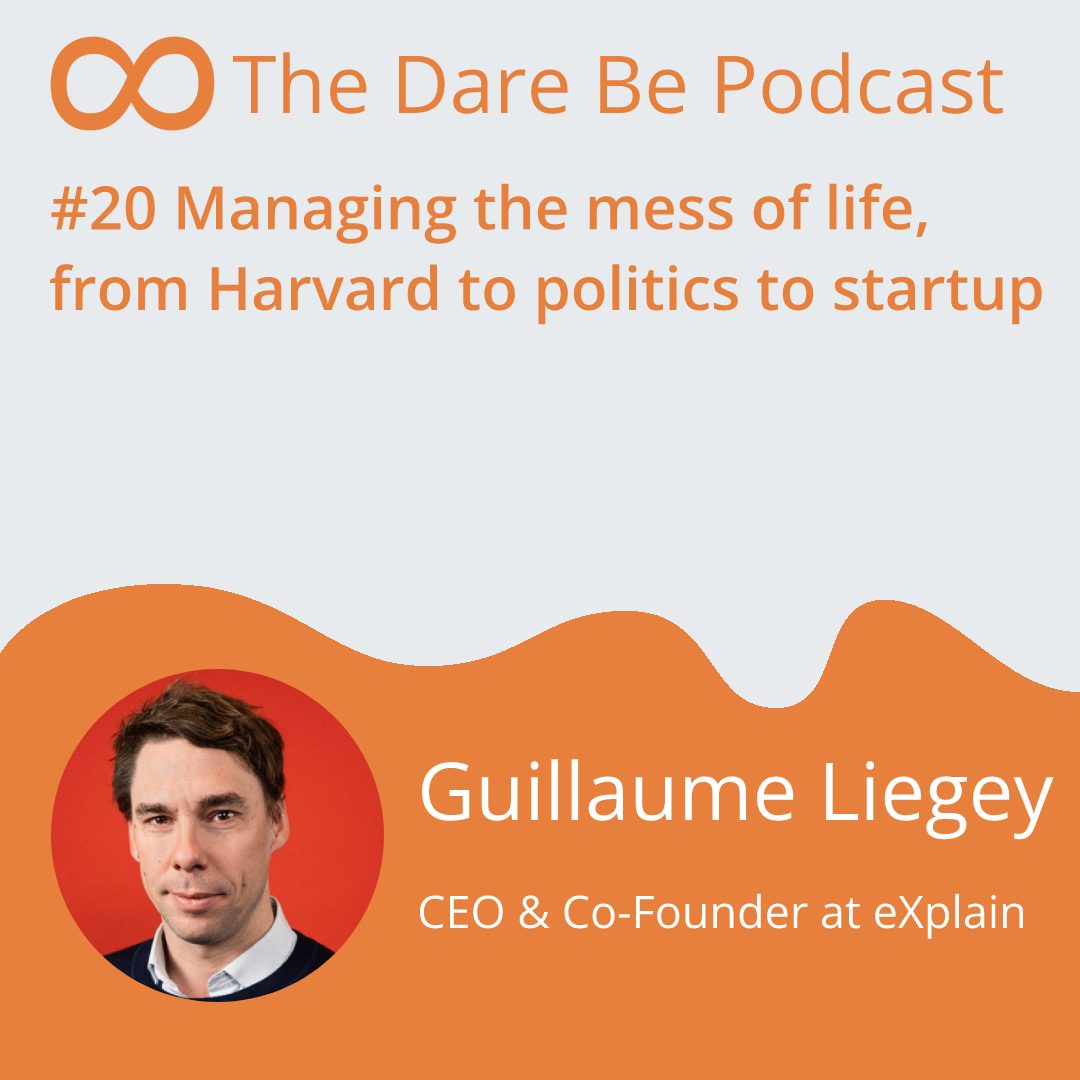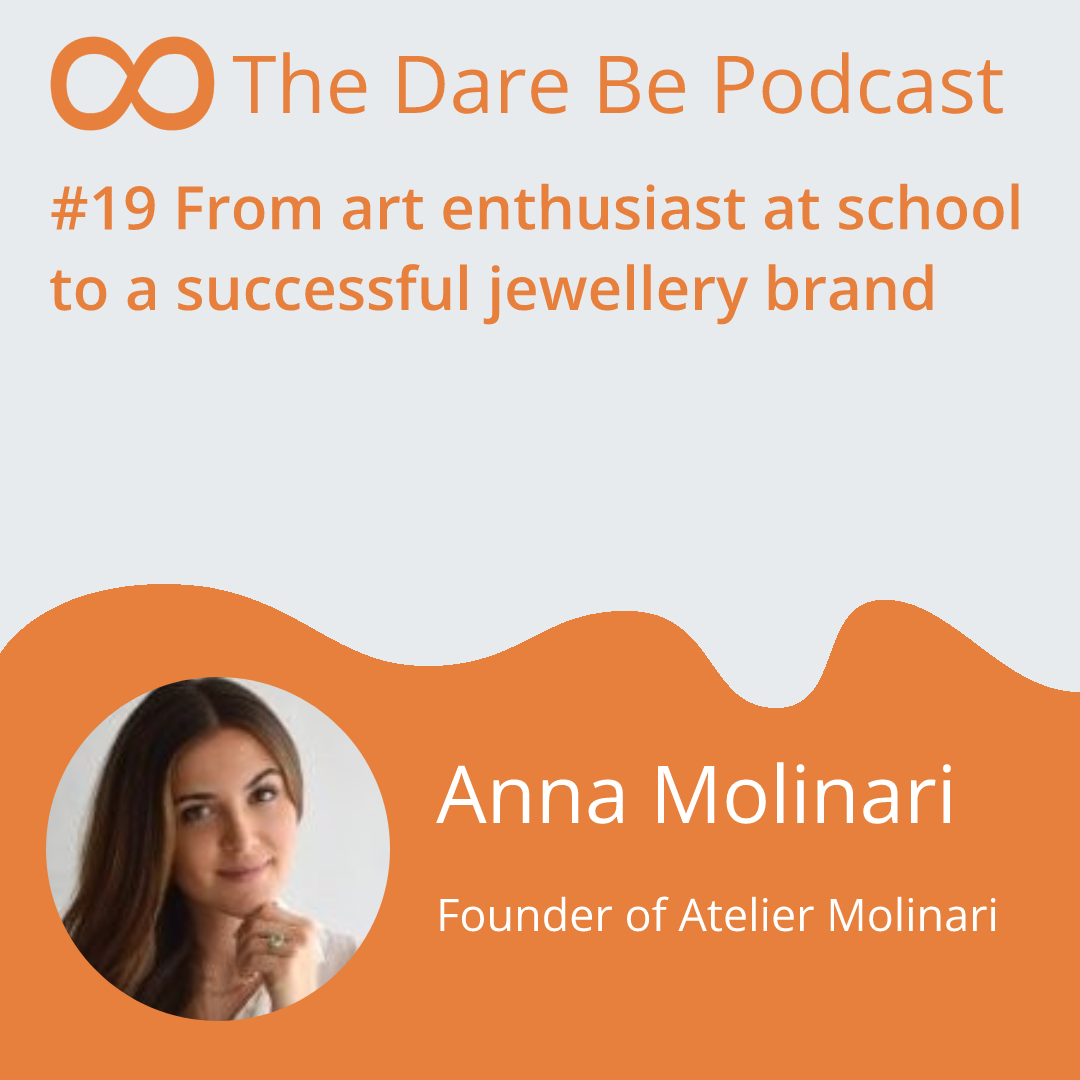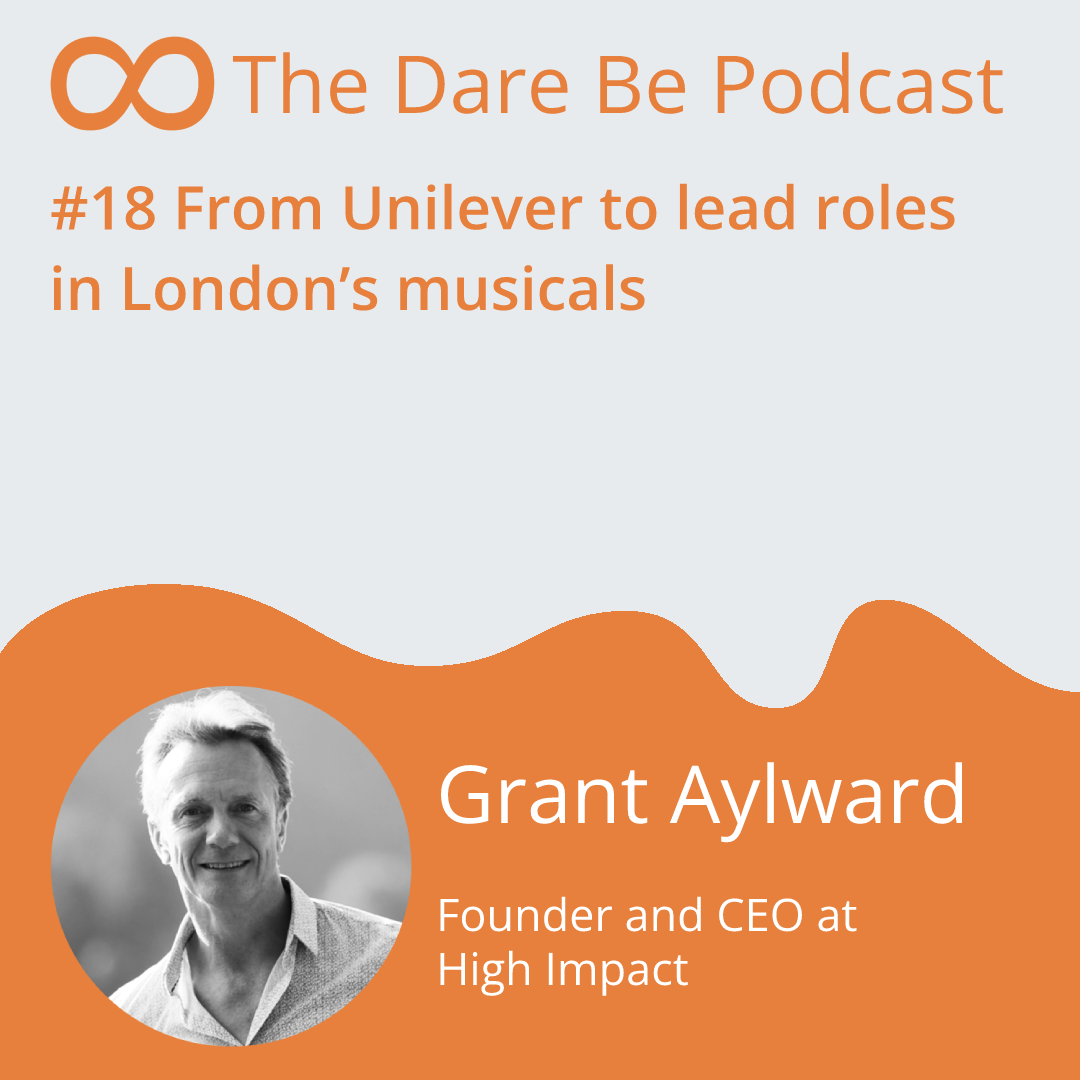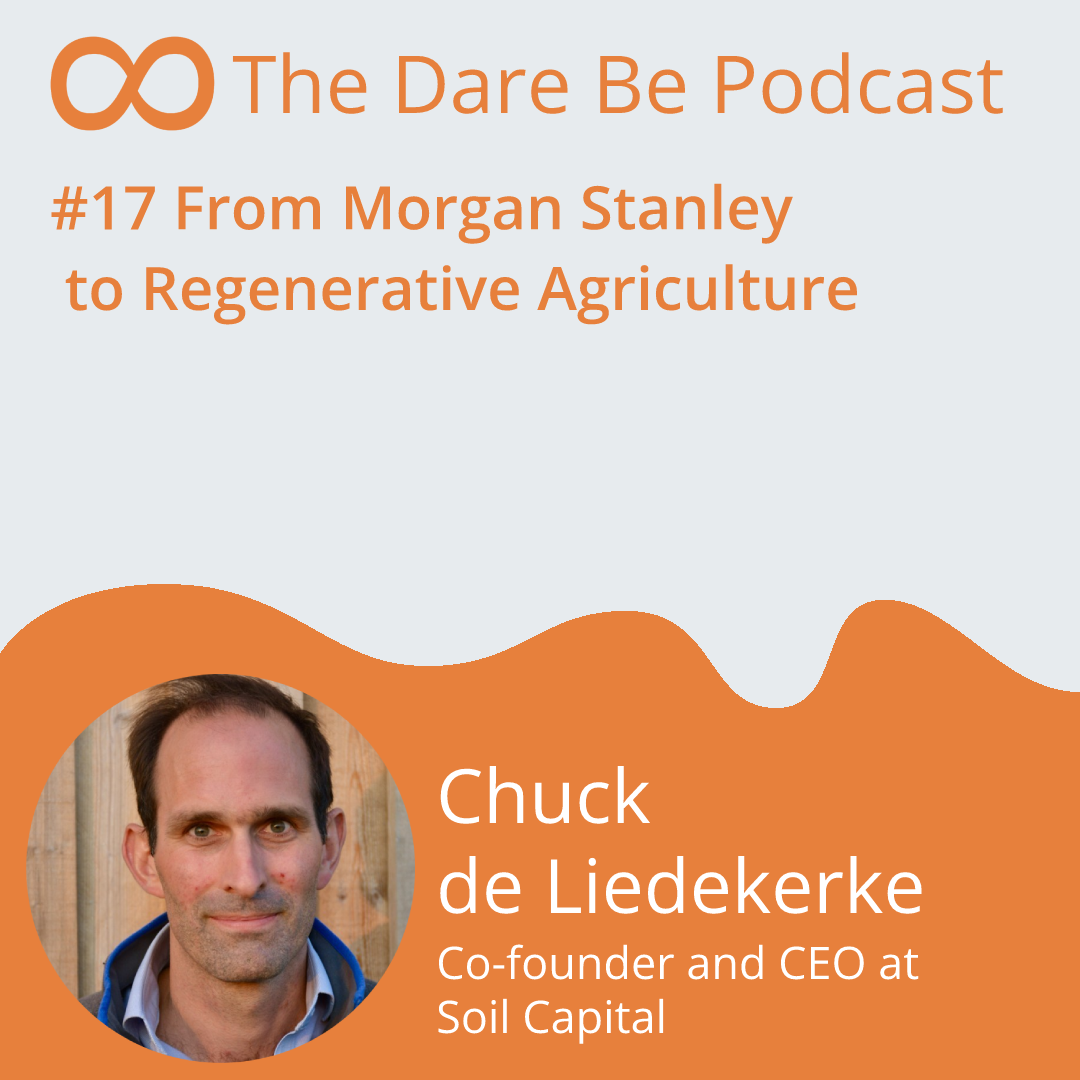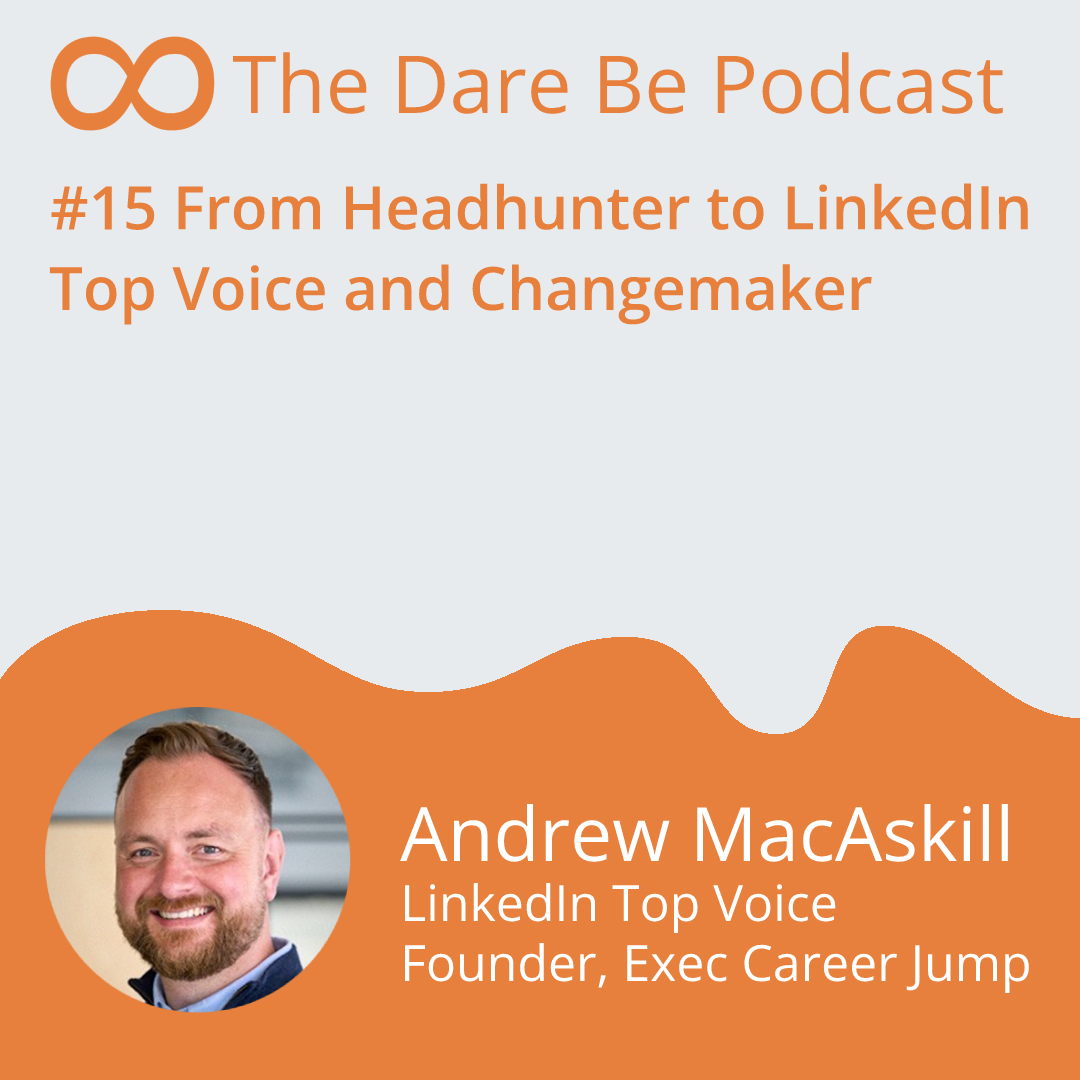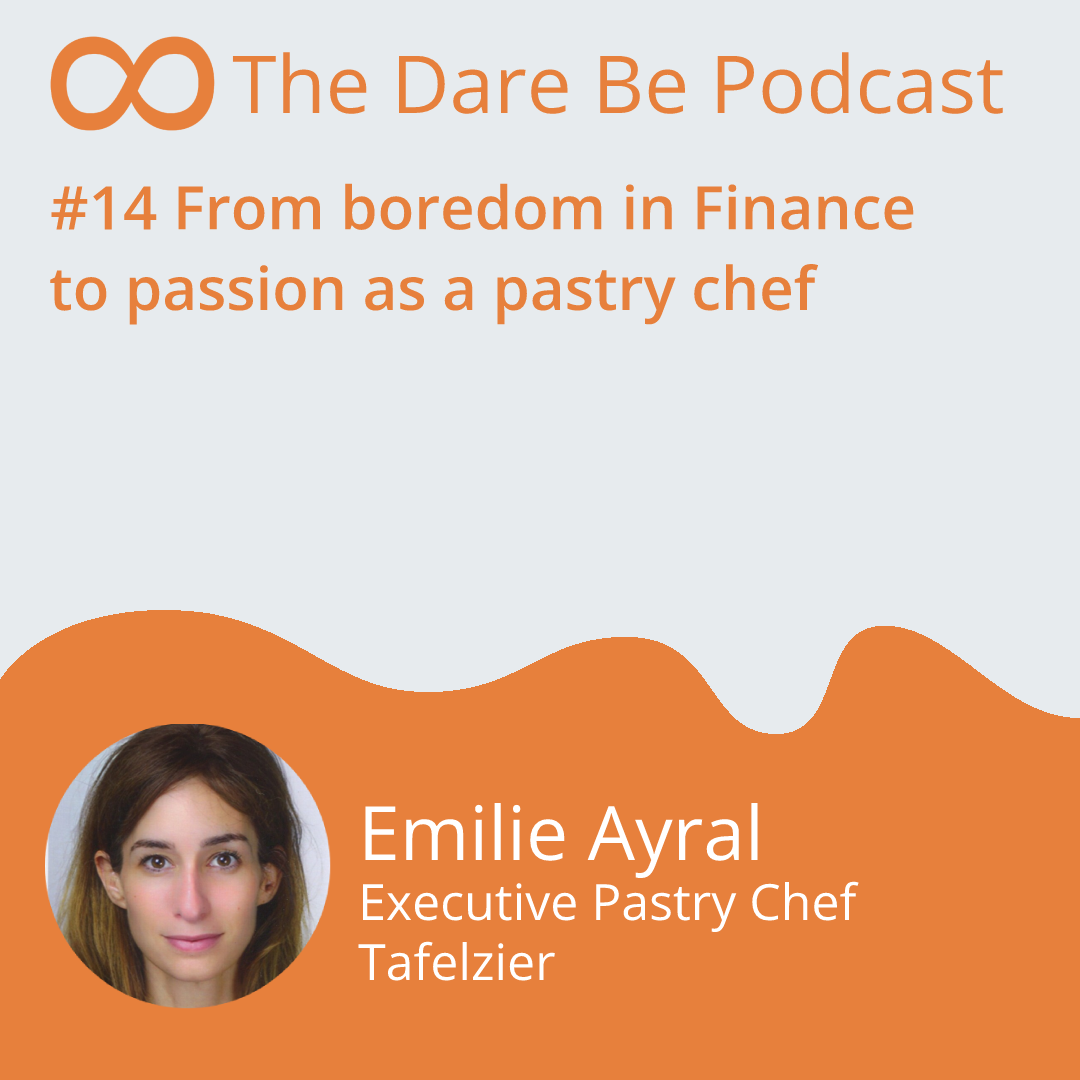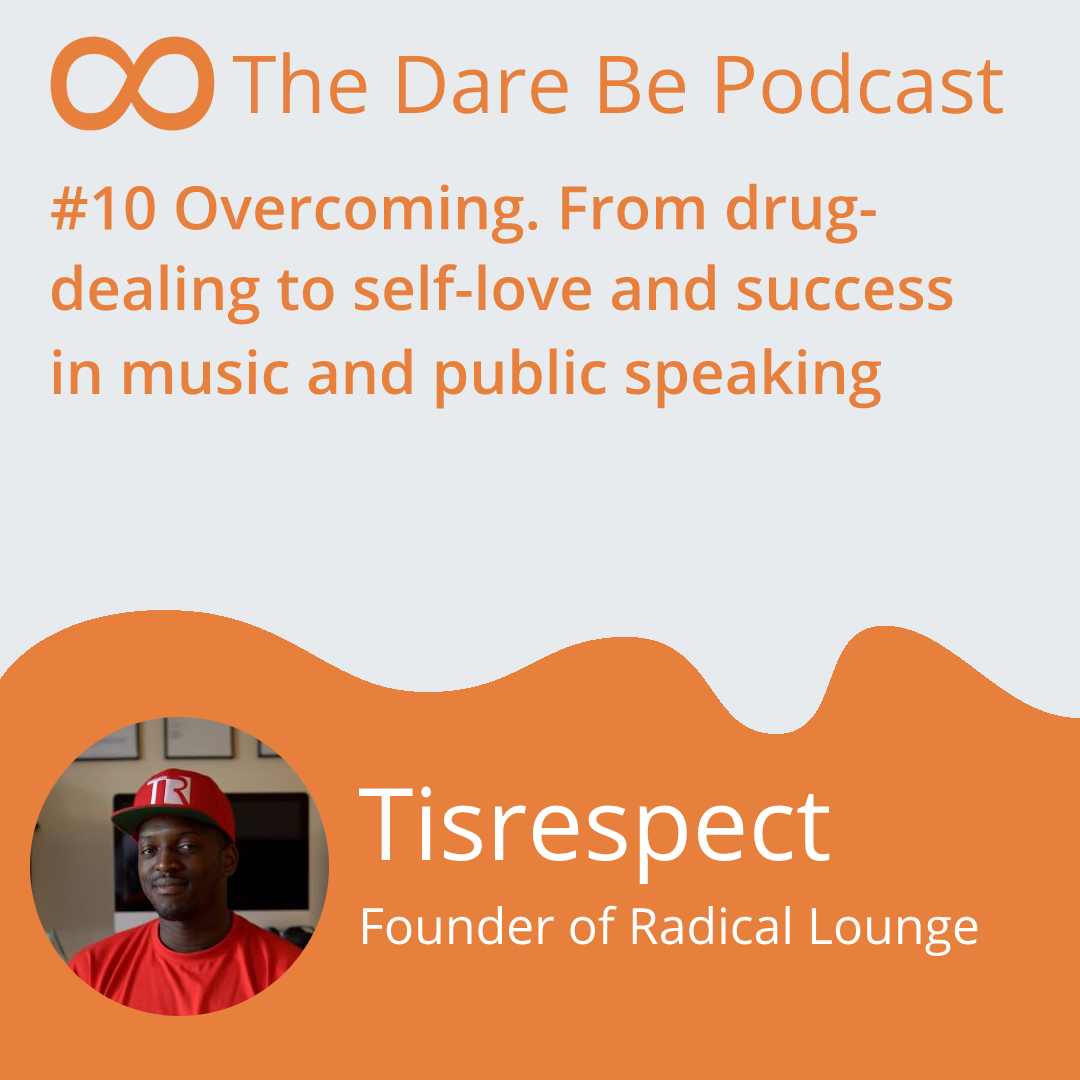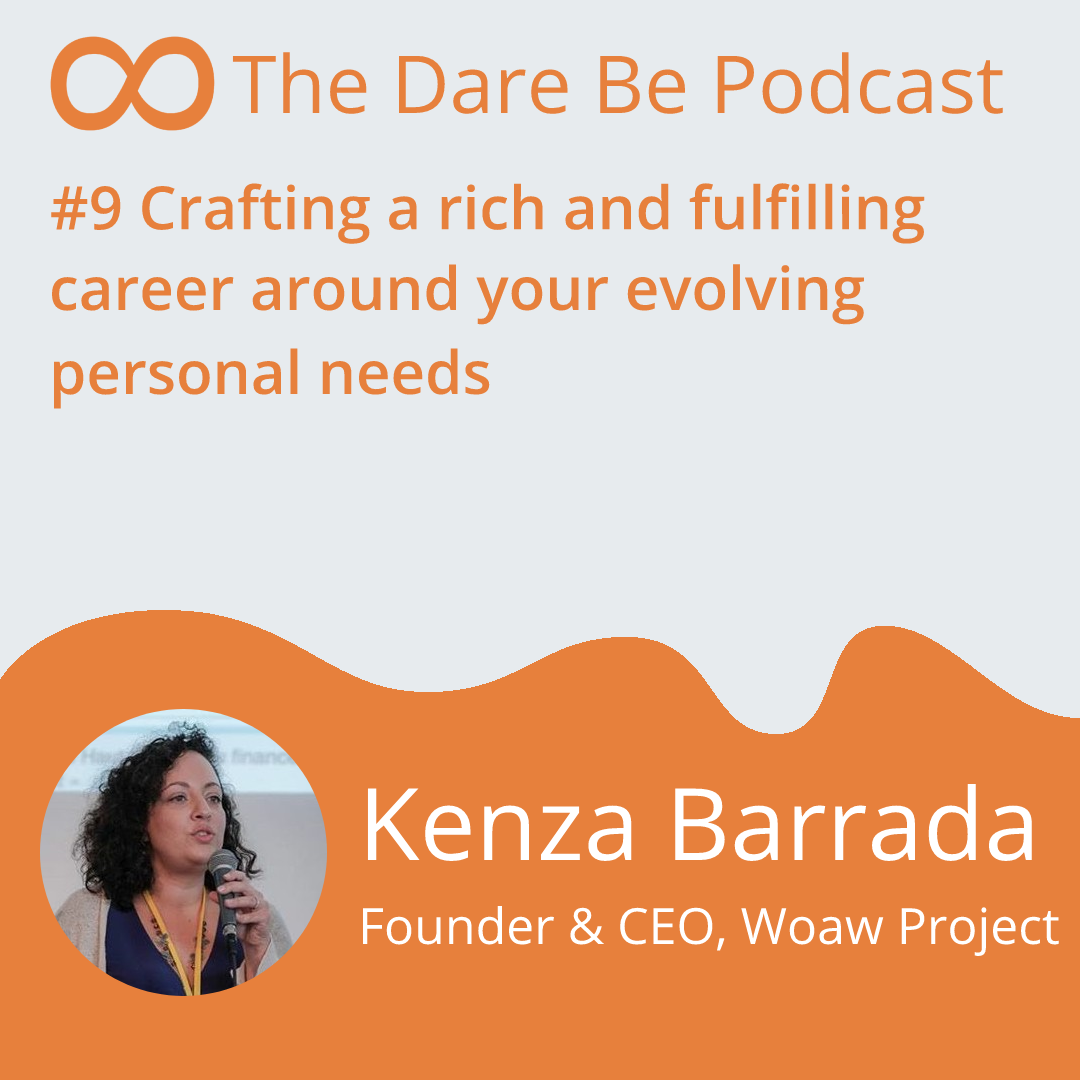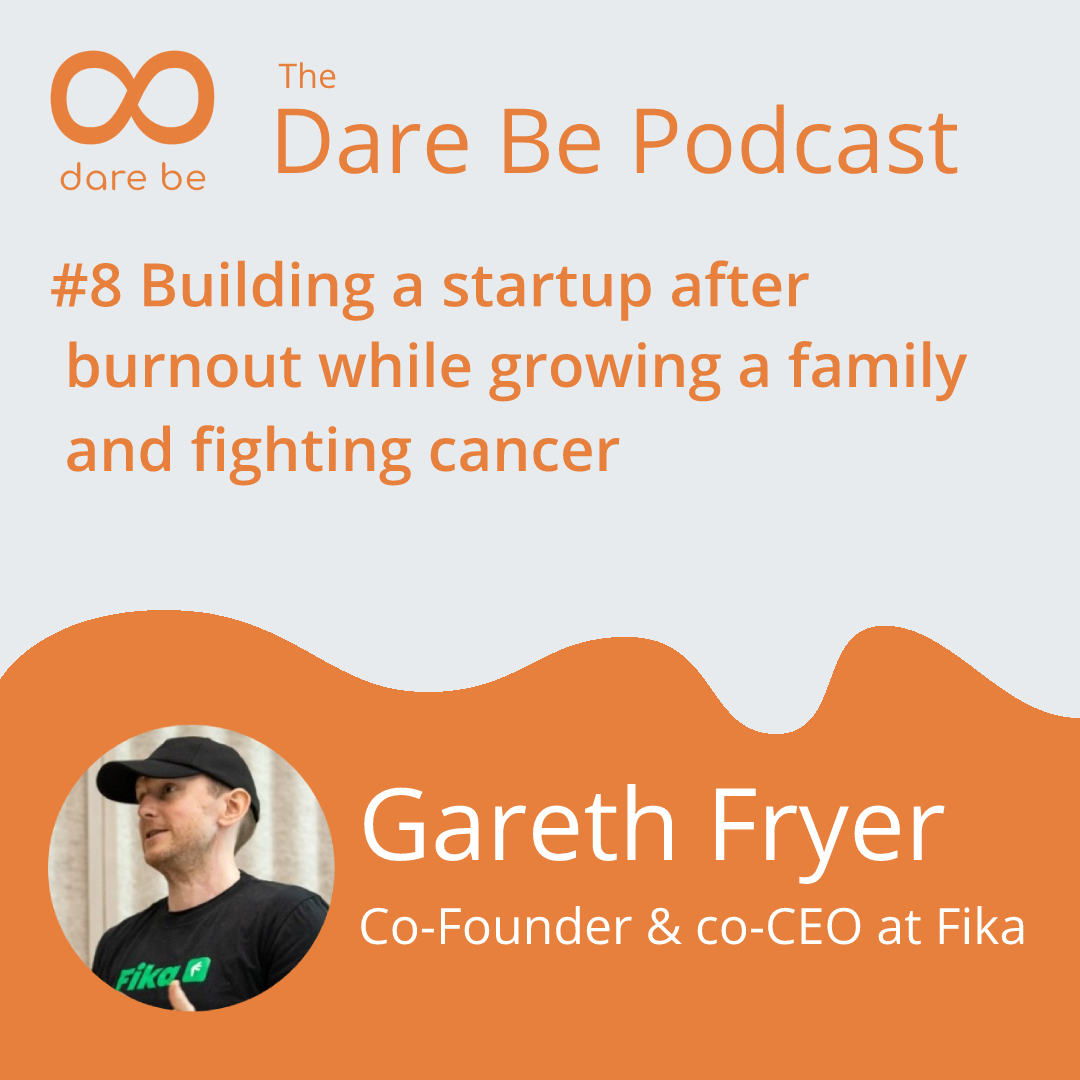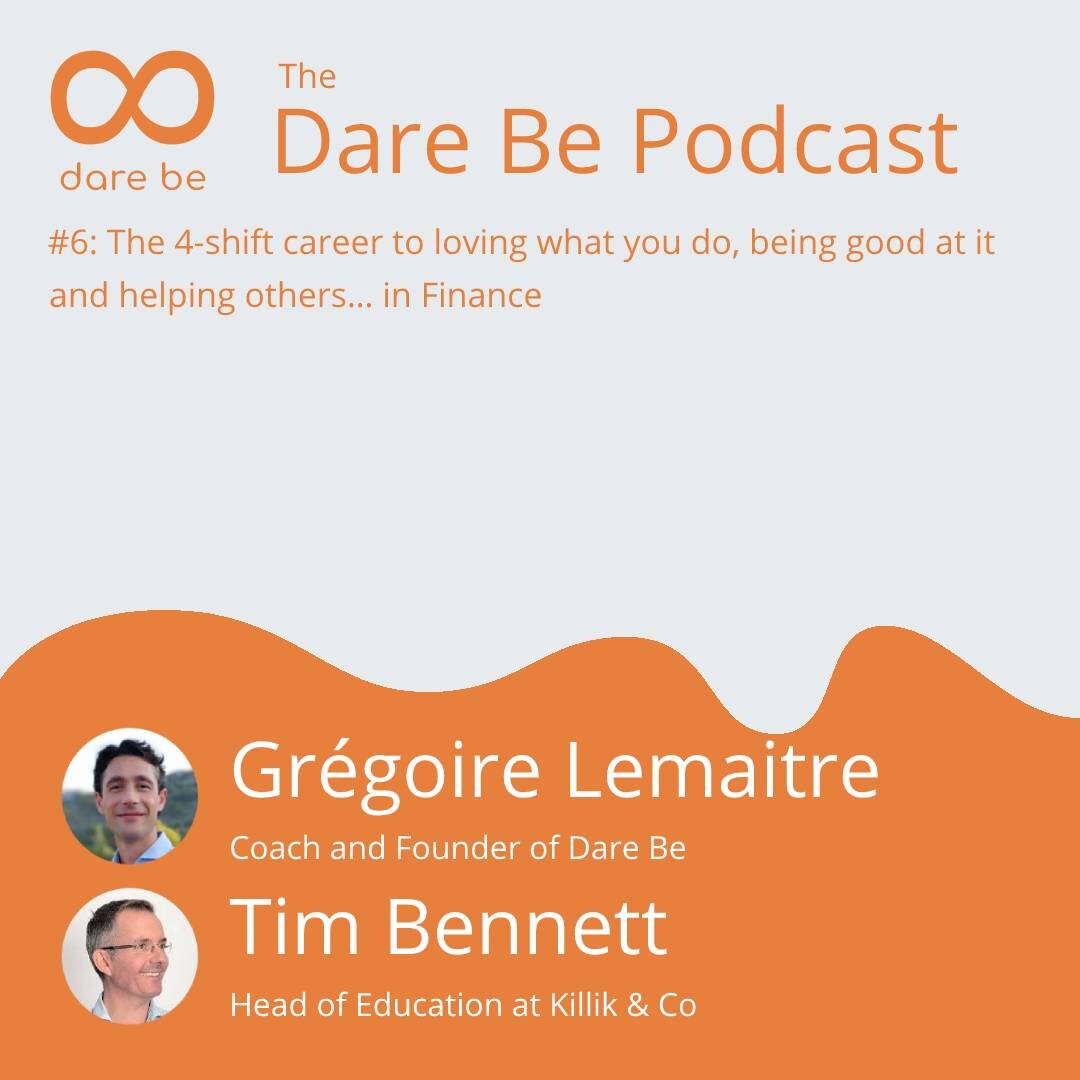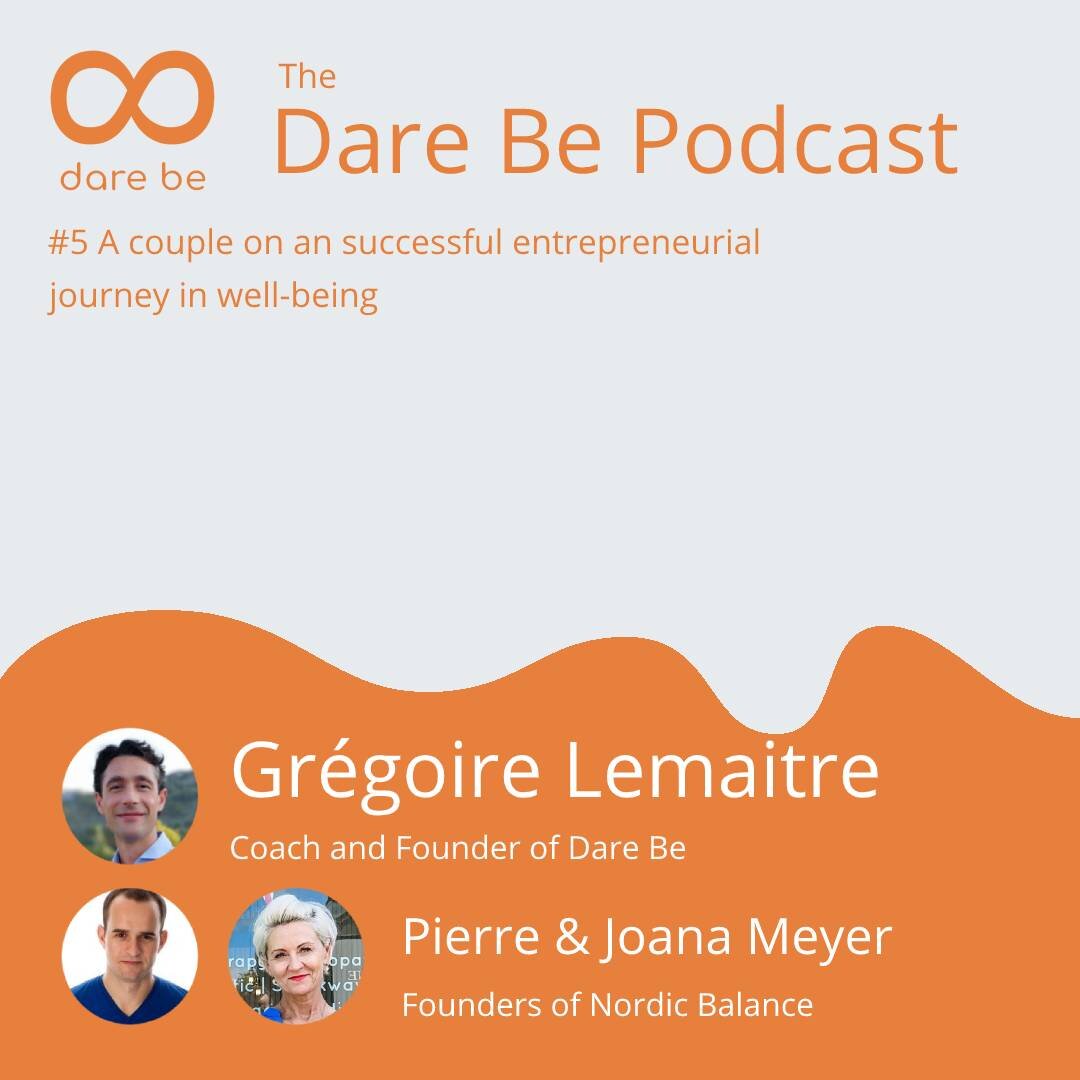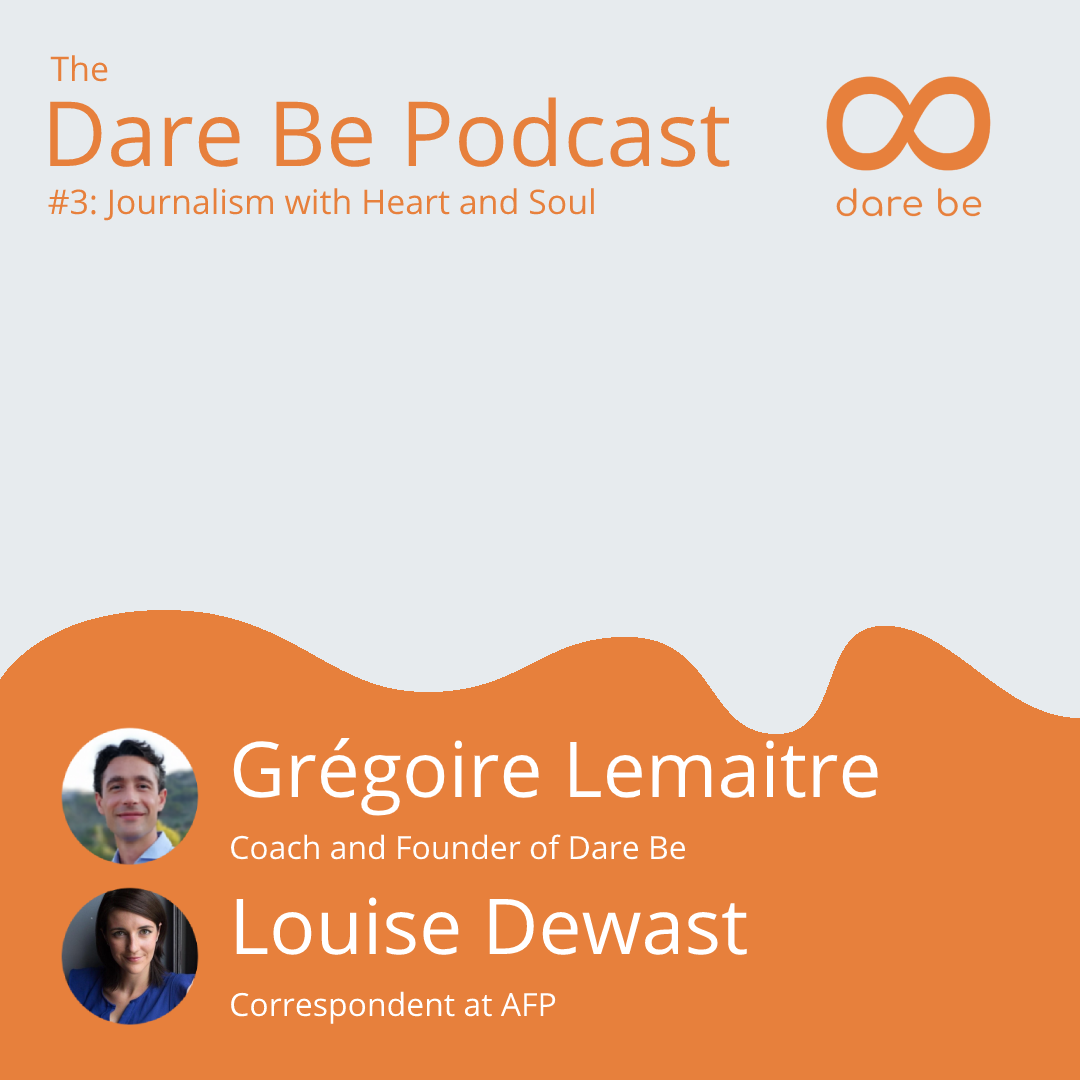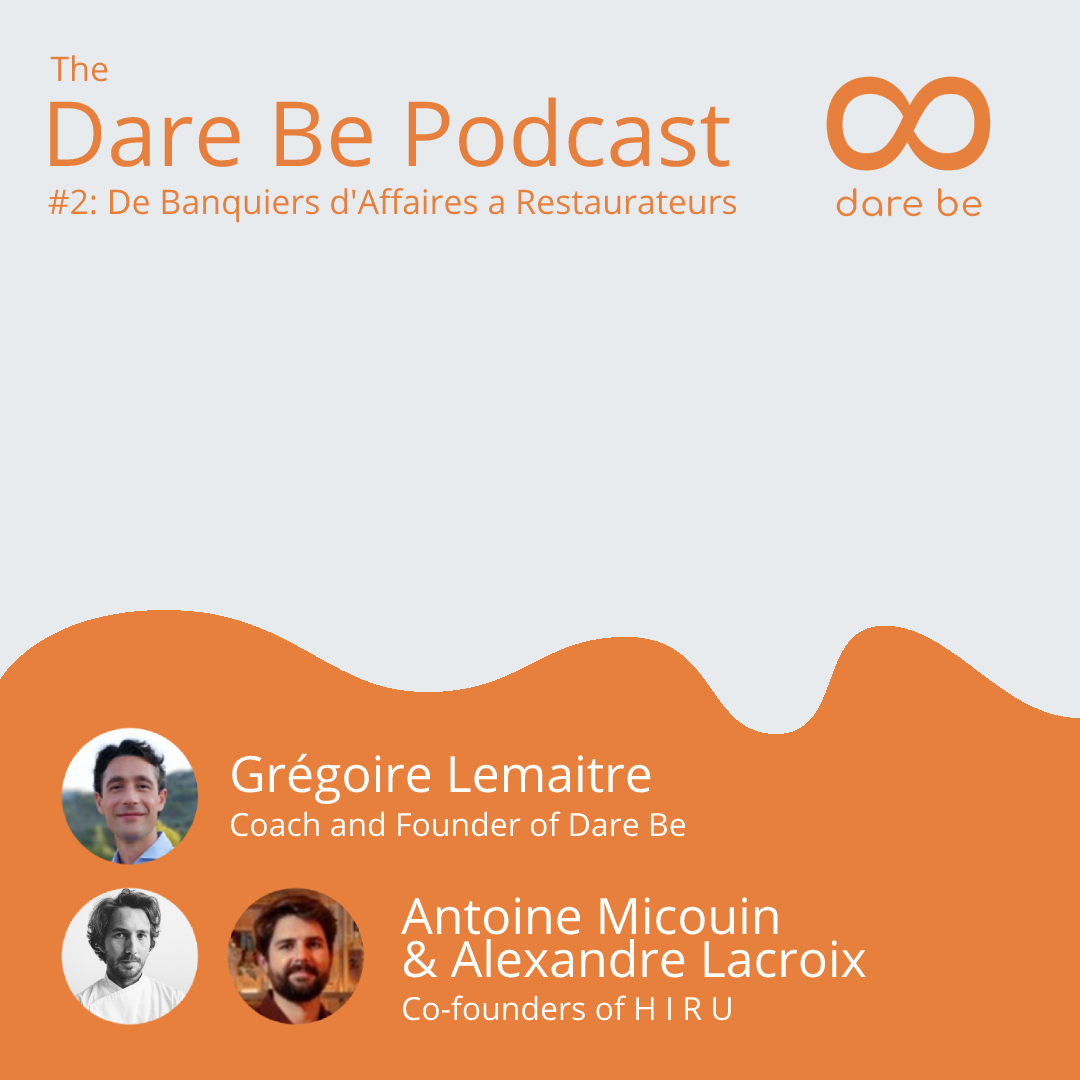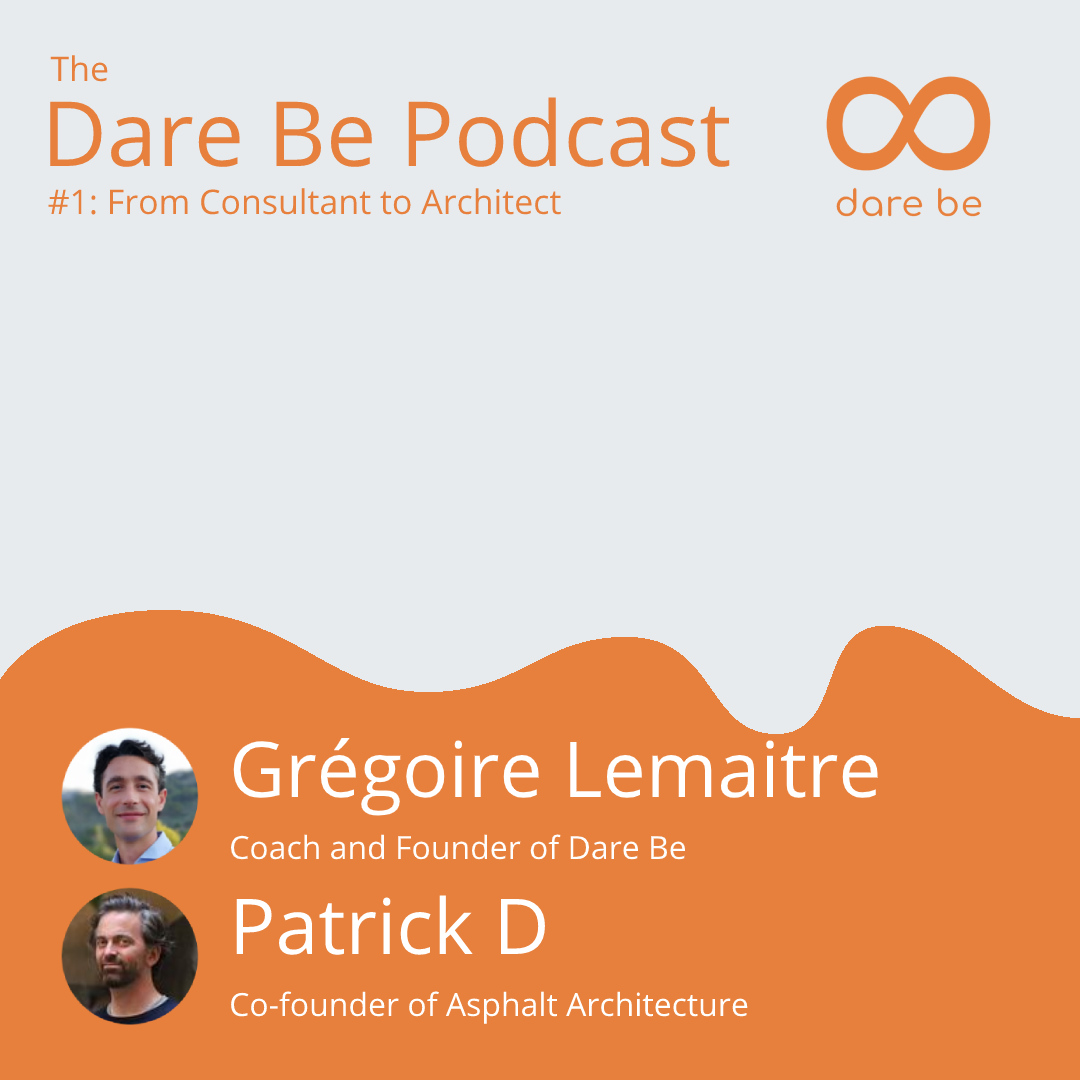#12 From architect to aid worker, networking tactics, staying realistic
Description
Caroline Dewast works in the humanitarian sector, working in crisis situations, conflict zones and natural disasters. Caroline is currently working from Kinshasa in the Democratic Republic of Congo, for the UN Refugee Agency. Before this, she worked for the Norwegian Refugee Council and for the International Federation of the Red Cross and the Red Crescent. For her humanitarian work she's lived in the Philippines, Gaza, Peru and Fiji and she's worked in Greece, Ukraine, Afghanistan, Iran, Nigeria, Cameroon, Myanmar and Bangladesh. I invited Caroline not only because she has followed her purpose with great courage and passion but also because before doing this, she had started her career in London as an architect. She's got a lot to say about what it takes to follow your purpose and about making a career change.
Listen to her story here or on your usual podcast player.
Show Notes
7’00 - What drew her to social-related work.
11’08 - Helping building shelters after an earthquake south of Lima.
12’30 - Wanting from an early age to be useful, to have an impact and do something that has a purpose.
16’09 - Pivotal moment in her career: work for a local NGO upgrading slums.
20’08 - Noticing being bored while working in a renowned architecture practice while others loved it.
24’30 - A lot of questioning about her past choices when she came back in London during the 2008 financial crisis.
26’02 - Volunteered in Architecture Sans Frontieres.
27’17 - Choosing to do her Master’s degree in Oxford Brookes despite being accepted in “better” universities.
28’05 - Deciding to qualify as an architect despite wanting to focus on her development career.
28’58 - Having the architect title gives her credibility in her work.
30’26 - Quit her architecture job the day she passed her exam.
31’54 - Sent over 30 job applications to go help in Haiti after the earthquake and she got an unpaid internship in Geneva.
33’47 - One way to get a job in the humanitarian sector, take a one-way ticket to a place with a crisis and hang-out with the aid workers there.
37’35 - Caroline’s great tips on networking.
43’10 - Finally getting her first paid job and getting sent to “the field”.
49’32 - What’s been most rewarding in her career so far?
53’23 - What’s been most challenging?
56’21 - Accepting that you can’t fix anything, you can only help to make things less bad.
59’19 - You can never have it all.
1’’00’29 - Being a woman as an international aid worker in conflict or crisis situations.
1’’01’48 - Women discrimination in Western cultures vs other societies.
1’’04’14 - Working with your gut feeling.

